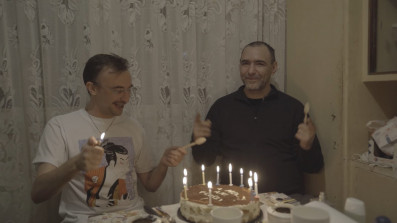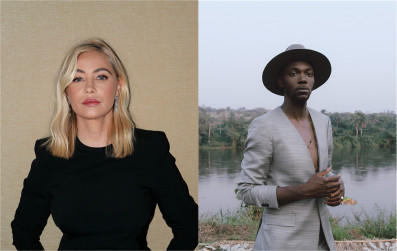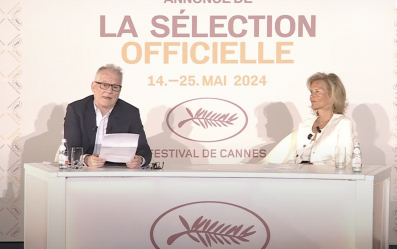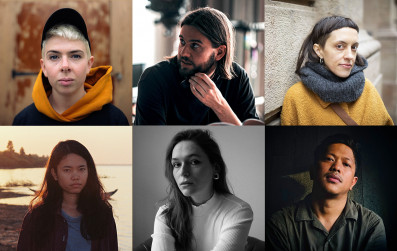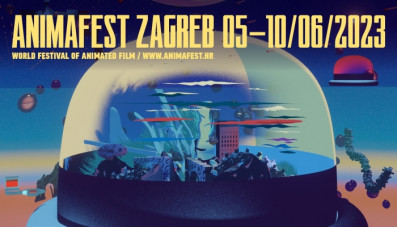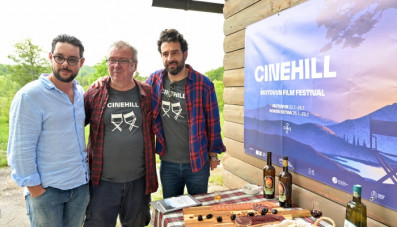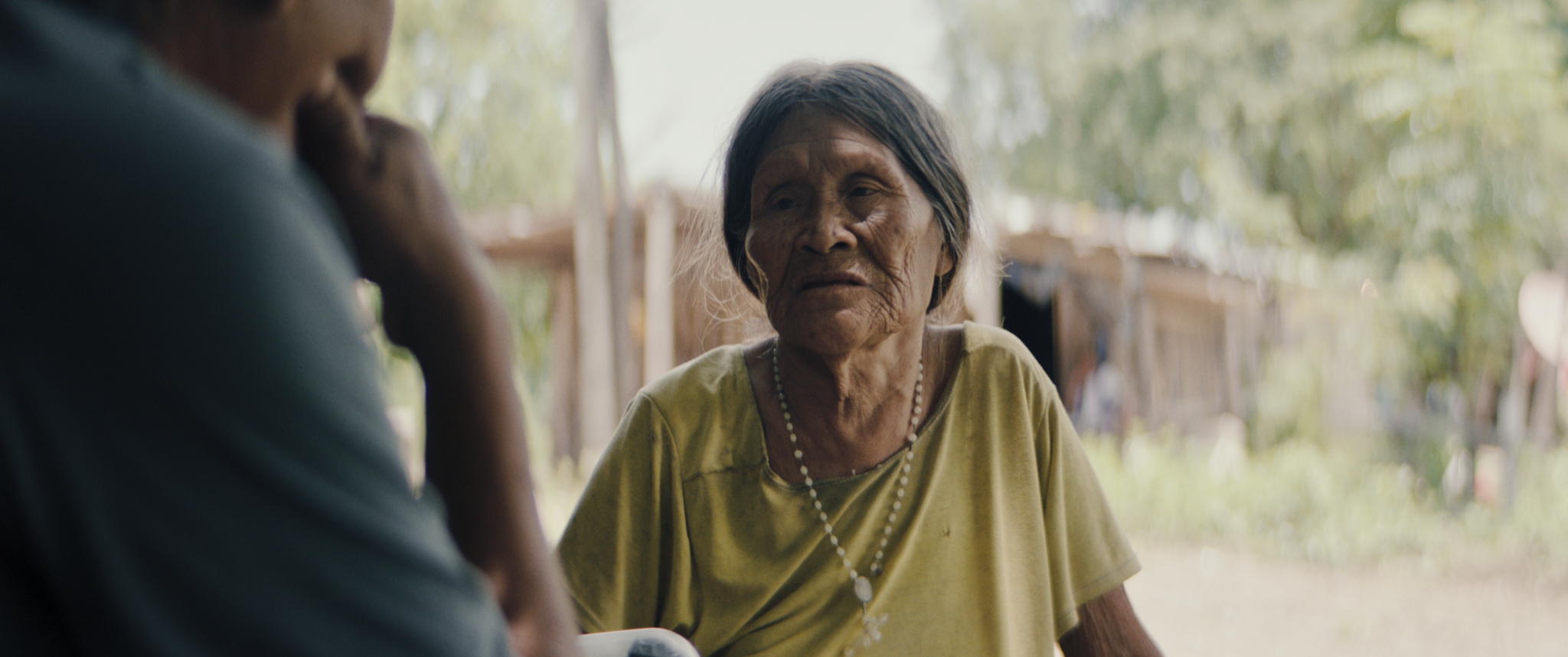
Pravo Ljudski Film Festival presents Creative Ecologies for a World Common-Enough
Crysis we are living now and crysis we are heading to
We are pleased to present Pravo Ljudski Film Festival's final online festival programme of this year named Creative Ecologies for a World Common-Enough that will be available until December 16th. Selection connects films that create and share the peculiarities of (un) imaginary territories where subjectivity, intimate memory, as well as dreams and speculations communicate social and environmental information through the centuries. This selection of eight films related to the current and future environmental crisis is based on historical, mythological and current stories that we find important to share across the Ex-Yugoslavian region (and further).
The programme opens up with Taming the Garden by Salomé Jashi that follows. a man that developed an unusual hobby. He buys century-old trees, some as tall as 15-story buildings, from communities along the Georgian coast and has them excavated to collect them for his private garden. As the film follows the process of moving trees, it portrays the needs and values of today’s Georgian society and reflects on the theme of forced migration, where “uprooting” is more than a metaphor. In similar „collector“ tone film Nothing but the Sun by Arami Ullón follows the life of Mateo Sobode Chiqueno that has been recording stories, songs, and testimonies of his Ayoreo people since the seventies. In an attempt to preserve fragments of a disappearing culture, Mateo walks across communities in the arid and desolate Paraguayan Chaco region, and registers on cassettes the experiences of other Ayoreo who, like him, were born in the vast forest, free and nomadic, without any contact with white civilization, until religious missionaries forced them to abandon their ancestral territory, their means of subsistence, their beliefs and their home. The final film that follows collectors of memories is Can a Mountain Recall by Delfina Carlota Vazquez. This documentary is a personal diary of a period living in Mexico and a portrait of the Popocatepetl, an active volcano. During the conquest, the Mexican revolution, the rise of the EZLN and nowadays the feminist outburst, the volcano replied with its eruptions to the social claim.
Films Where We Are by Amélie Bargetzi, El Lado Quieto by Carolina Fusilier & Miko Revereza and Life in Common by Diogo Perreira share a common thread, the life on the verge of economical and ecological destruction. From the past, over the current, all the way to future visions of inhabitants these films remind us about the purposes and values of society on the brink of chaos. Director Bargetzi follows the events in the small industrial port-city of Fos-sur-mer is located in the South of France. The city and the local population are suffocated by atmospheric pollution from the many refineries and industries surrounding them. Carolina Fusilier & Miko Revereza in their film travel all the way to the pacific coast of Mexico where remains the island of Capaluco. Once a busy vacation resort catering to passing cruise ships, now empty of humans. A curious sea creature emerges from the water after travelling the strong current from the Philippines. Director Perreira in his film focuses on the neighbourhood of Barruncho, in Odivelas where he follows the life of Poeta and Belinha, a couple of Cape Verdean origin who lives in a community scheduled to be dismantled.
The final two films of the programme share the topic of earth destruction via fire or water. Rock Bottom Riser by Fern Silva surveys the influence of settler colonialism, the search for intelligent life, and the discovery of new worlds as we peer into our own planet’s existence. On the other side, Holgut by Liesbeth de Ceulaer showcases that the Siberian permafrost is melting. Ancient bones are rising up from the ground and wild animals seem to start disappearing.
Programme selector Adrianna Quena described the selection with following words: How do we relate with the mystery of nature, both outside and inside ourselves? Could that be the key to expanding our political imagination beyond extractivism and supremacism? How could our lives change if we remember and recognize that animals, vegetables, volcanoes and fantastic sea creatures also have an active political and social agency in the making of the world? The invention of an anticolonial and more-than-human social world like such, with the capacity for this type of memory, requires imaginative deep ecologies that can include subjectivity, myth, whispers and wonder as part of our ecosystems. The films in this program are filled with that mystery and wonder, in the most political of all spaces, the everyday.
The 16th edition of the Pravo Ljudski Film Festival has been generously supported by the National Endowment for Democracy (Washington), and many other partners, while the Special Programme More than Anything Else I Wanted to Stay Awhile is made possible with the support of the Embassy of Brazil in Bosnia and Herzegovina.
For all information about the availability of films, and all other festival activities, please follow our website pravoljudski.org, social networks, and the hashtags #plj16 and #pravoljudski16.



